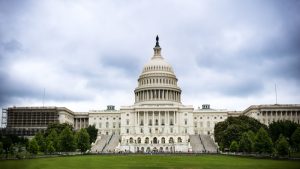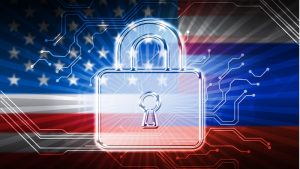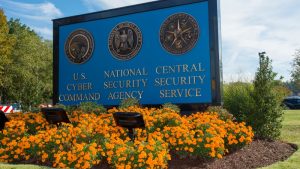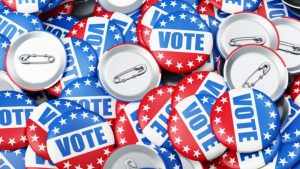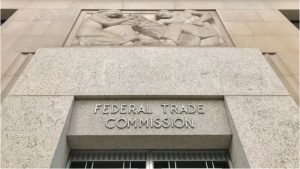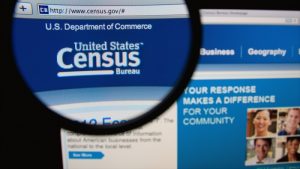The 2021 National Defense Authorization Act (NDAA) that cleared the Senate Armed Services Committee last week on a bipartisan vote of 25-2 includes the Spectrum Modernization Act, which would direct the National Telecommunications and Information Administration (NTIA) to evaluate a range of IT improvements that would improve Federal government spectrum management.
Rep. G. K. Butterfield, D-N.C., introduced the Expanding Opportunities for Broadband Deployment Act on June 11 to increase access to and accelerate deployment of broadband services across the United States.
Sen. Gary Peters, D-Mich., introduced two bills – the Continuity of Economy Act of 2020 and the National Guard Cyber Interoperability Act of 2020 – with the goal of bolstering the United States’ cyber defenses.
Reps. Xochitl Torres Small, D-N.M., and Dan Newhouse, R-Wash., and Sens. Martha McSally, R-Ariz., Doug Jones, D-Ala., introduced legislation in both chambers of Congress June 11 to invest $50 million in rural telehealth initiatives amid the COVID-19 coronavirus pandemic.
California’s City of Corona is a full-service city southeast of Los Angeles. Corona serves over 168,000 residents with 22 departments. Each boasts a diverse portfolio of citizen services, including utilities and public safety. Corona’s Information Technology (IT) Department must provide reliable and cost-effective systems to support the City’s function and objectives – even through disaster or pandemic.
Great adversity often fuels tremendous ingenuity, and the COVID-19 pandemic is no exception. Recently, the Commonwealth of Virginia validated this point when it expanded its ground-breaking Framework for Addiction Analysis and Community Transformation (FAACT) platform in just a few days to help navigate the COVID-19 crisis and provide public safety.
The National Guard and U.S. Cyber Command have formed a partnership to open lines of communication between state and local governments and the military’s top cyber force to address the top priority of the command - the 2020 elections.
Election security experts at the Brennan Center for Justice released a new guide June 5 on how to protect elections during the COVID-19 pandemic, specifically calling attention to existing resources from Federal agencies and the need for more Federal funding.
Federal privacy legislation that has stalled in Congress for months has a new impetus, as questions about the use of location and health data during the pandemic are bringing privacy considerations to the fore.
For the first time in 2020, the United States Census Bureau offers an internet response option for the decennial count, and data from the bureau shows that most Americans responding to the survey are taking it online.
